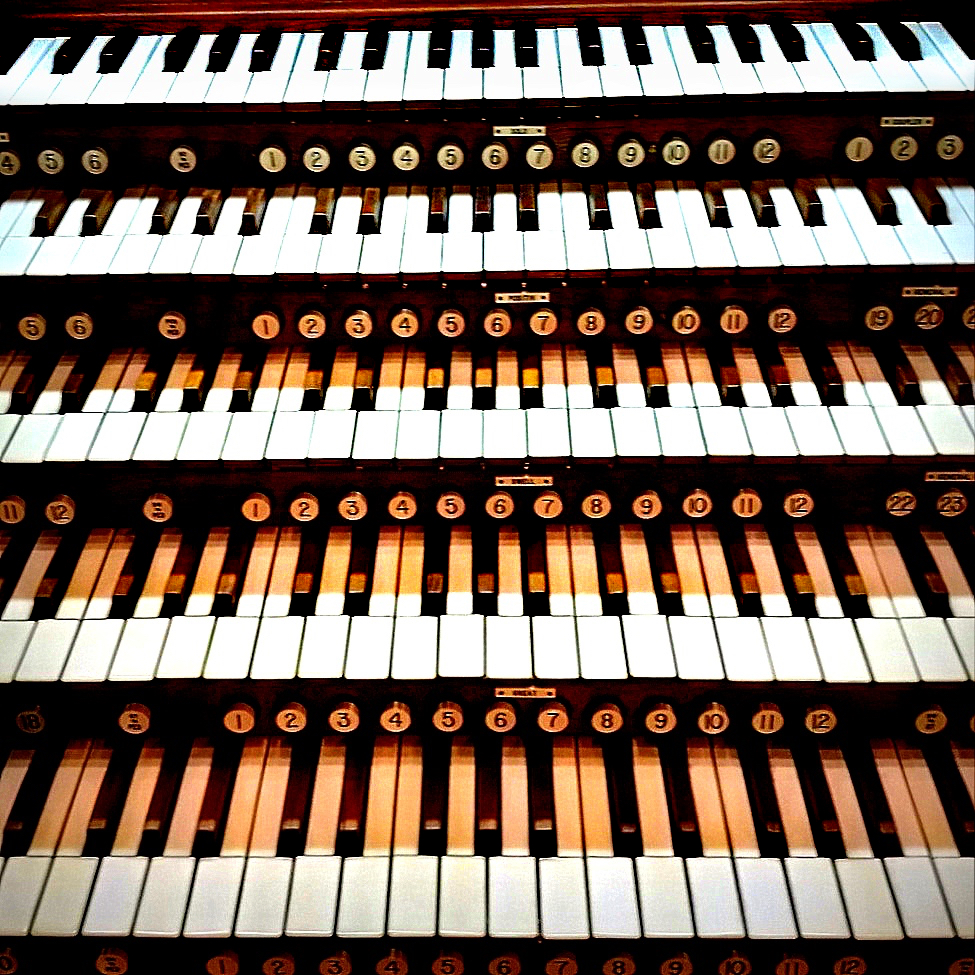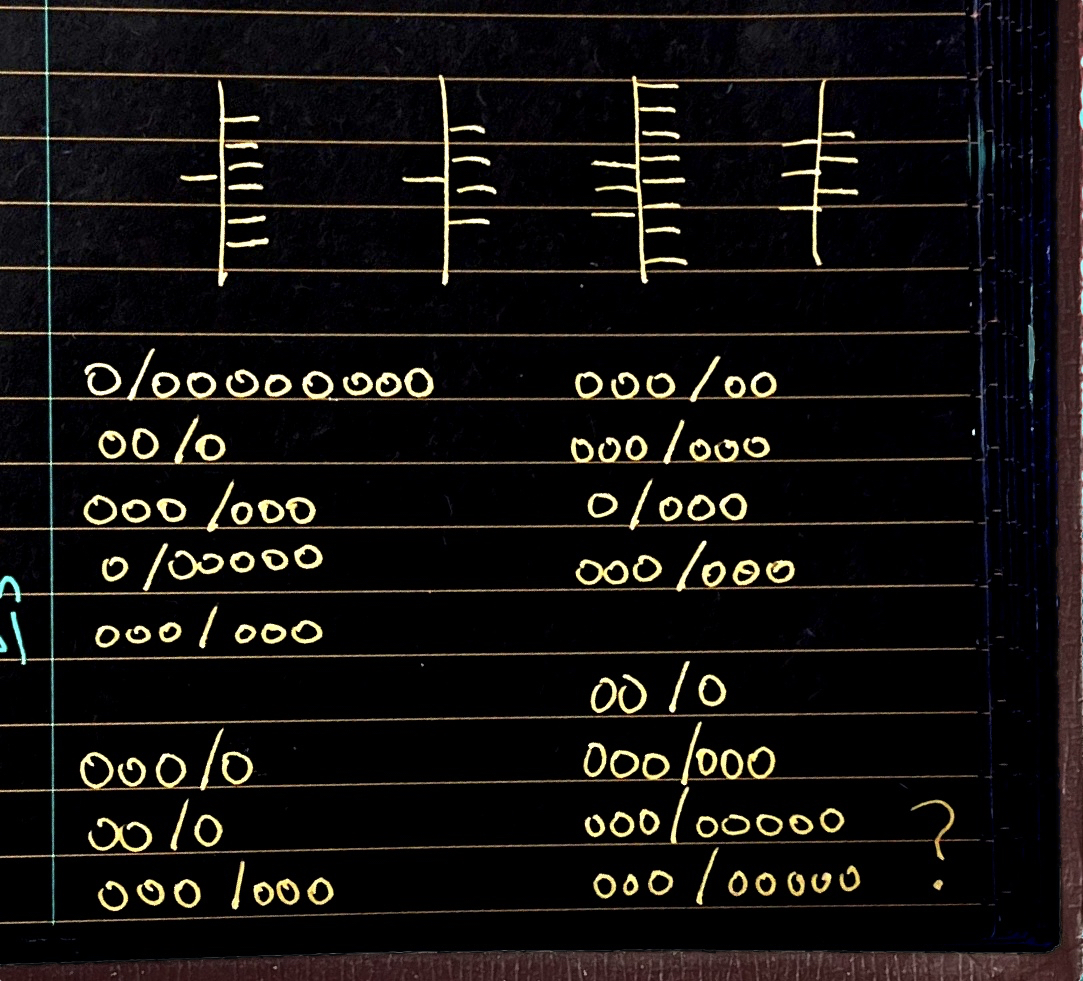 Old English poetry was performed, probably sung, for purposes beyond mere entertainment. The Germanic tribes Tacitus visited at the end of the first century would prep for battle by barding, which he called “a peculiar kind of verse” sung to stimulate their courage and to divine the outcome of the coming fight through the quality of the sound itself. Tacitus tells us about these peculiar verses almost immediately in his report back to the empire, so you know it was impressive. It would be. Imagine it: he says the people would put their battle shields to their mouths, perhaps in them, and sing. A shield as a musical instrument. Their favorite sounds were “a harsh piercing note and a broken roar,” which “does not seem so much an articulate song, as the wild chorus of valor.” What were the words? Were they the names of the gods? An appeal for their protection? A … More
Old English poetry was performed, probably sung, for purposes beyond mere entertainment. The Germanic tribes Tacitus visited at the end of the first century would prep for battle by barding, which he called “a peculiar kind of verse” sung to stimulate their courage and to divine the outcome of the coming fight through the quality of the sound itself. Tacitus tells us about these peculiar verses almost immediately in his report back to the empire, so you know it was impressive. It would be. Imagine it: he says the people would put their battle shields to their mouths, perhaps in them, and sing. A shield as a musical instrument. Their favorite sounds were “a harsh piercing note and a broken roar,” which “does not seem so much an articulate song, as the wild chorus of valor.” What were the words? Were they the names of the gods? An appeal for their protection? A … More
Tag Archives: Octave
Octave
 The rune carvers, the people who knew the Rune Poem by heart, probably sang it. There’s a lot of evidence for that, not to mention putting a story to music makes the retelling easier to remember. We can all sing along, others joining in where memory fails. Poetry has beats and rhythm and we sing ours too, but we don’t call it poetry when we do that. We have another word for that. Language takes all the music out of poetry. Language did not take language out of music.
The rune carvers, the people who knew the Rune Poem by heart, probably sang it. There’s a lot of evidence for that, not to mention putting a story to music makes the retelling easier to remember. We can all sing along, others joining in where memory fails. Poetry has beats and rhythm and we sing ours too, but we don’t call it poetry when we do that. We have another word for that. Language takes all the music out of poetry. Language did not take language out of music.
Music has an alphabet of its own: the letters are notes. And these notes we arranged into groups of eight. Octaves. Take a note, think of a sound. It’s got a letter, but from such a short alphabet. Now hum it. Hum it steady, you sound terrible because you are not actually doing it out loud. Do it. There you go. Your note, that … More


